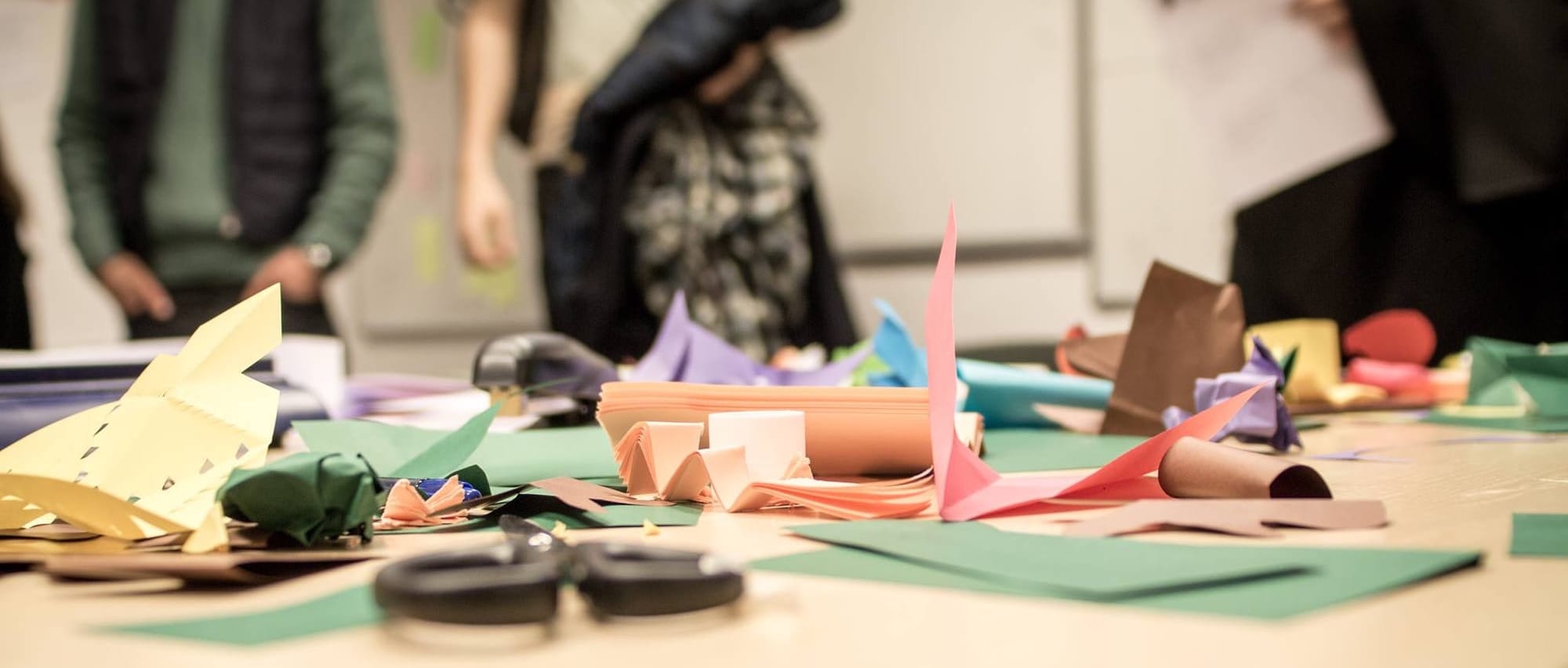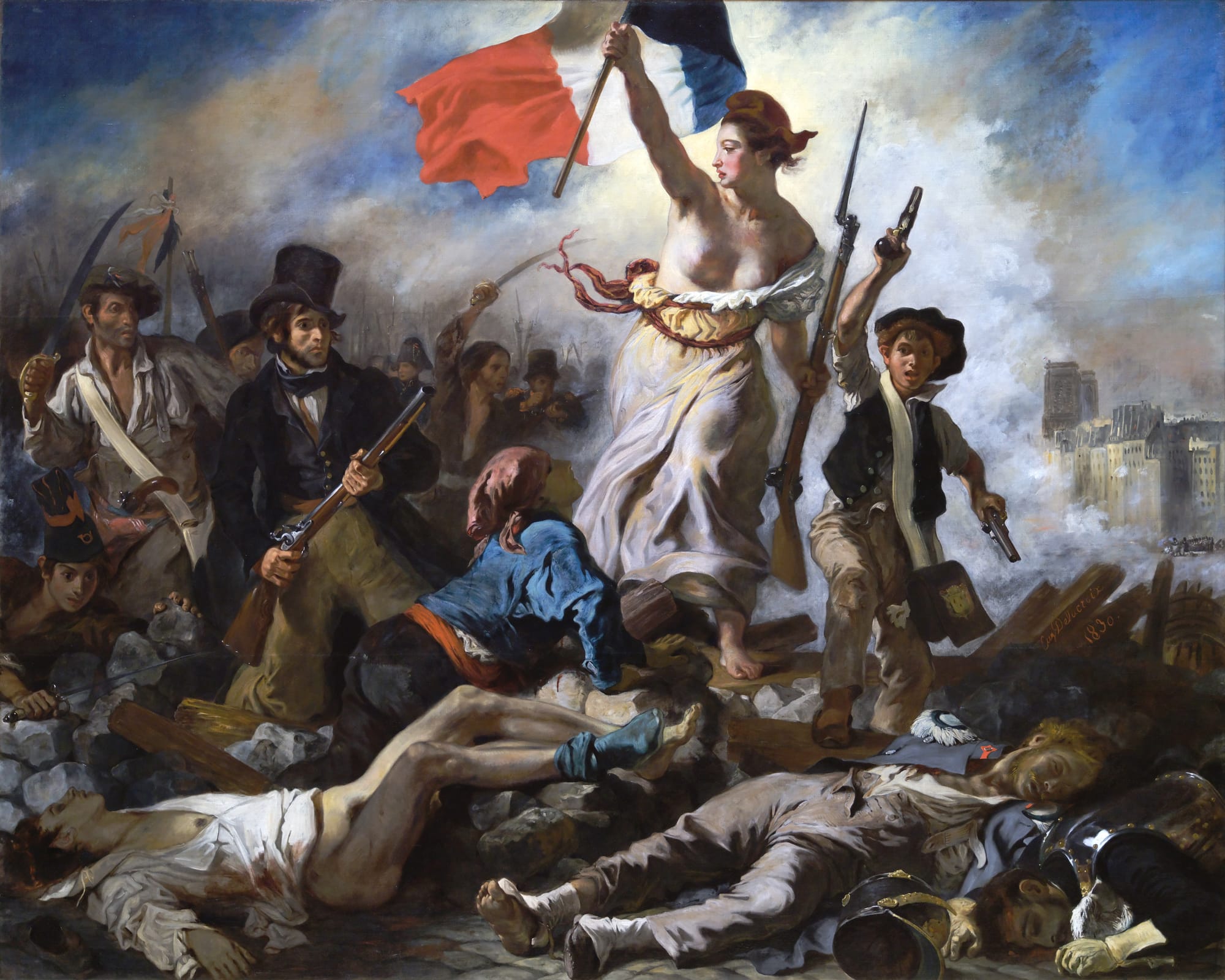Magical thinking and unicorns — the designers’ fairytales

Dear Designers,
I’m sure many of you trust your intuition and personal experience to make decisions. It is in fact quite an intuitive topic in design. It goes by different names: instinct, gut feeling, a hunch. But what do we mean by intuition?
“Intuition is a person’s capacity to obtain or have direct knowledge and/or immediate insight, without observation or reason. It’s the “gut feeling” you get.” — Intuition. (n.d.)
In psychology, we understand it by the capacity of someone to build a model of his surrounding world over time through a process called Mental Models. These models we are forming allow us to make sense of our experiences and anticipate future ones. Intuition, therefore, can be seen as the result of such a process of anticipation. So far, so good.
Interestingly, this process is unconscious: you don’t have conscious control over it. As D. Kahneman explains in his book “Thinking, Fast and Slow”, such process goes through our System 1, the “fast, automatic, frequent, emotional, stereotypic, unconscious” system. It is, therefore, consequently more subject to our cognitive bias.
Such an unconscious process — which can be significantly amplified by one’s environment — leads people to adhere to flawed ideas and false beliefs.
The Land Of Magical Thinking
Clément Freze is a French mentalist. In his show, he invites spectators to an extraordinary journey into the supernatural. Mind reading, predictions that turn to be true, he can guess any names, dates, etc, as if he can read minds. The public is impressed. Many believe in his incredible “gift”. Except that he doesn’t have any special abilities.
As he reveals it to the audience toward the end of the show, he only uses technics and tricks to make you believe he possesses a supernatural 6th sense. And with proper training, you could too.
So, when a French “medium”, Bruno Charvet, became popular through his Youtube channel “Bruno received a new message” (“Bruno à un nouveau message”) where he meets followers (“clients”) to “help them connect with dead family members or friends”, Clément wonders how is it possible that he is able to perform the same without such “supernatural” abilities.
This ended up in a series of videos where Clément, with the help of other skeptics, organized a test for Bruno’s abilities. In short, Bruno is a fraud.
A Fallible Intuition
What the point? And how is it even related to design? — you may think.
See, we can derive some interesting insights from this story:
- A lot of people trusted this medium because “there were no apparent reasons to NOT believe in his abilities”;
- A lot of people claimed that “you have to experience it to know if it works or not”;
- A lot of people thought the fact that a lot of people believed in his abilities was any proof;
But, is the fact that “there is no apparent reason NOT to believe” evidence that one should believe? Is your experience can be tricked in any ways? Can a lot of people be wrong about something?
Train System 1 to trigger System 2
If you find funny or ridiculous that people believe in Bruno’s abilities, such behavior is far to be restricted to such beliefs. The same behaviors are common in tons of practices and can, unfortunately, be easily found in professional ones. Design is no exception.
If you consider that intuition and personal experience are not reliable methods to conclude that something is true:
- Is it possible that you may currently believe in things only based on the aforementioned criteria? Note: It doesn’t have to be spiritual or supernatural things.
- What would be a better method to know if those beliefs are true? How could test them?
Being skeptical does not mean being against beliefs. Remember: if “absence of evidence is not evidence of absence”, there is none-the-less no evidence for you to believe. Being skeptic is recognizing the uncertainty of our complex world.
Now, think about this next time you participate in a workshop that supposed to prove the validity of an approach or during a process that heavily rely on situational subjectivity.












Discussion